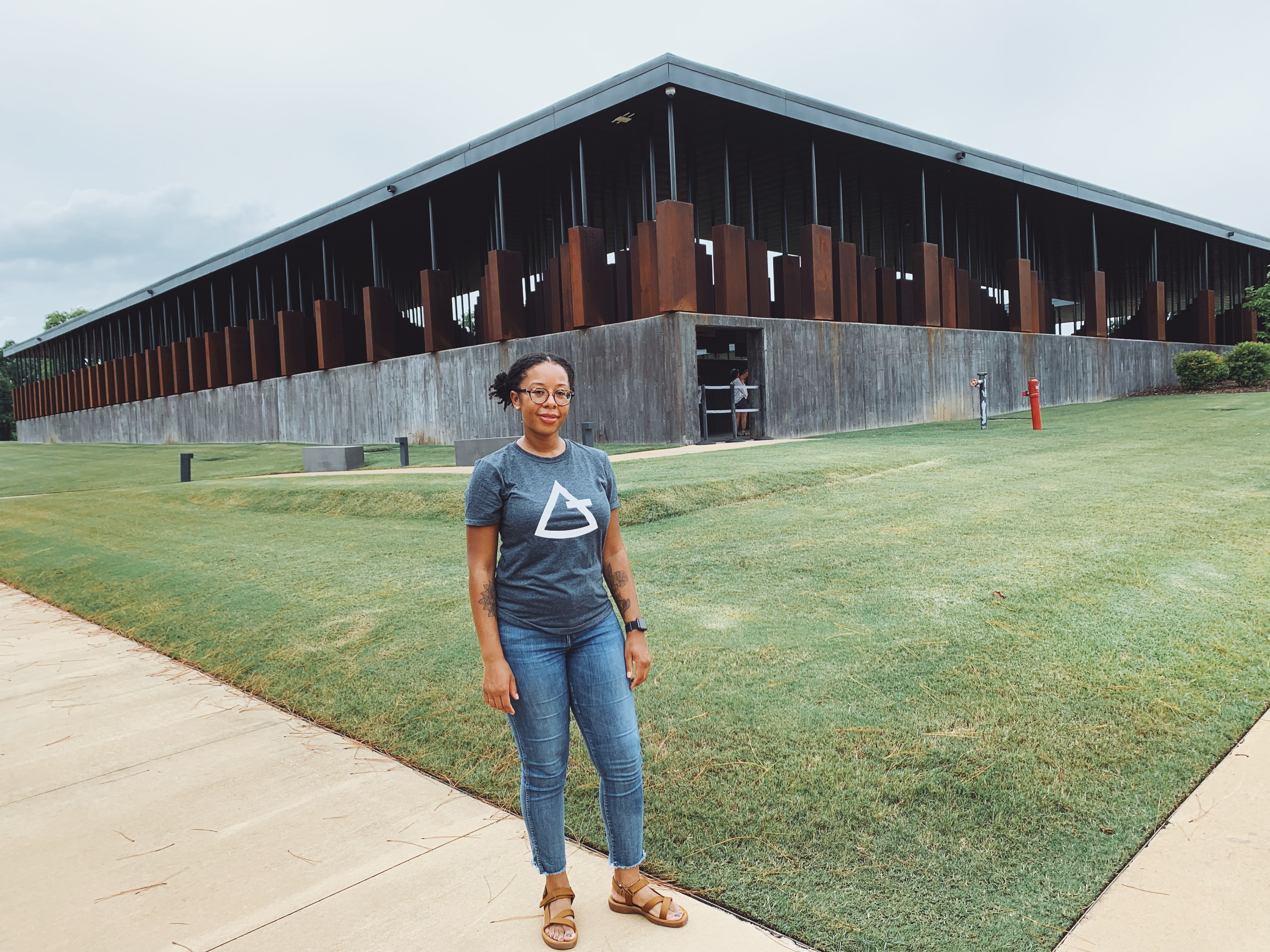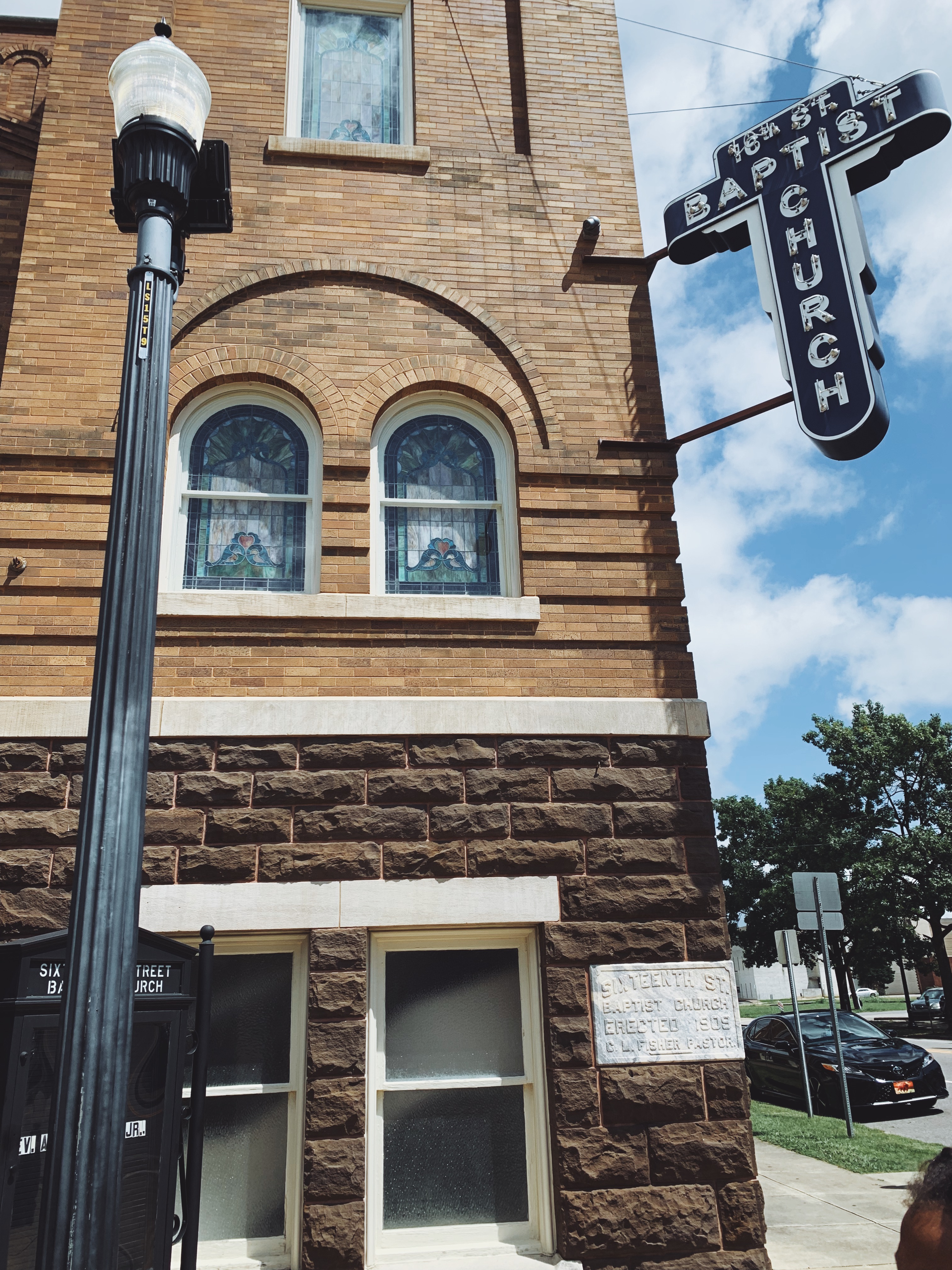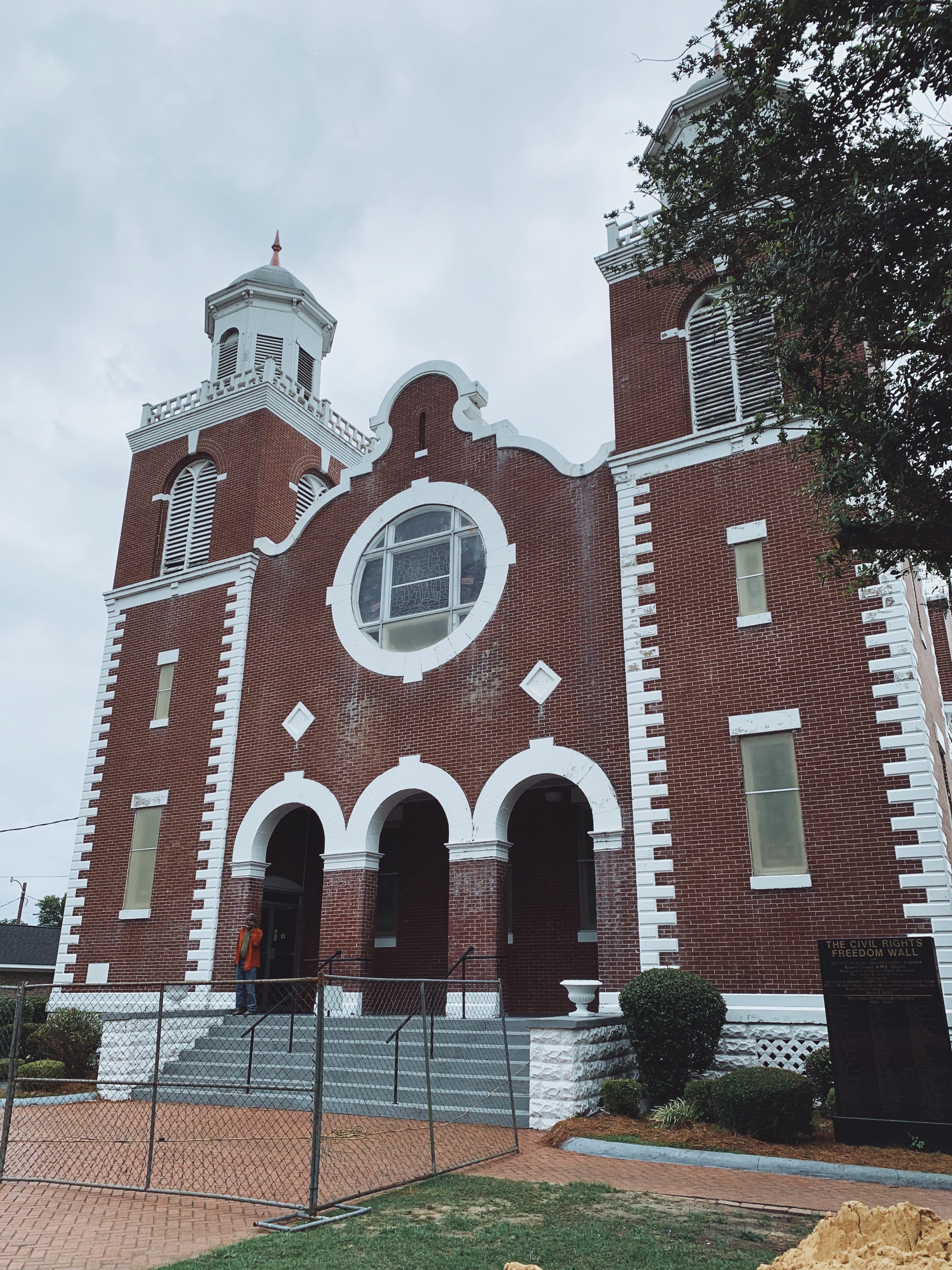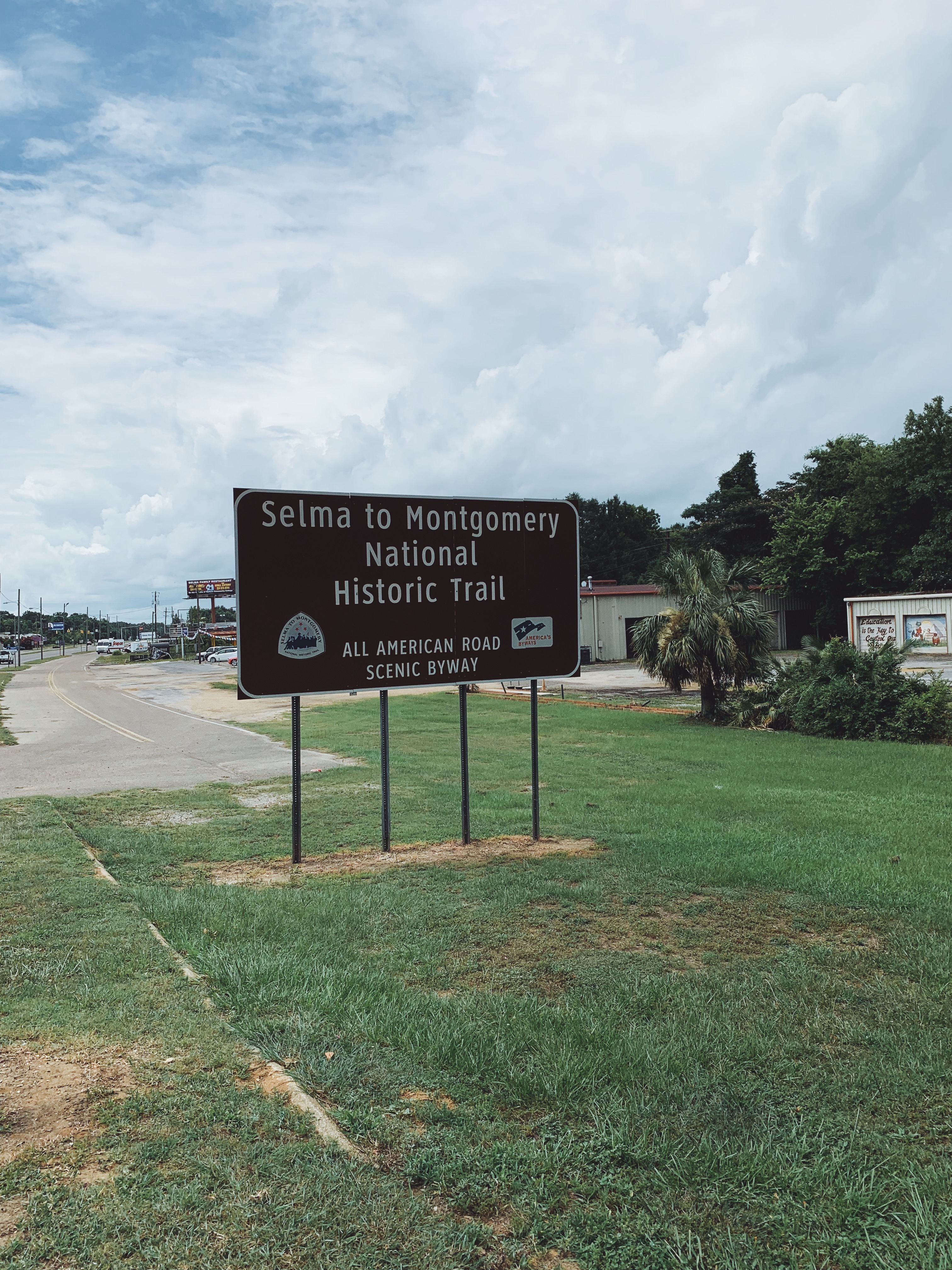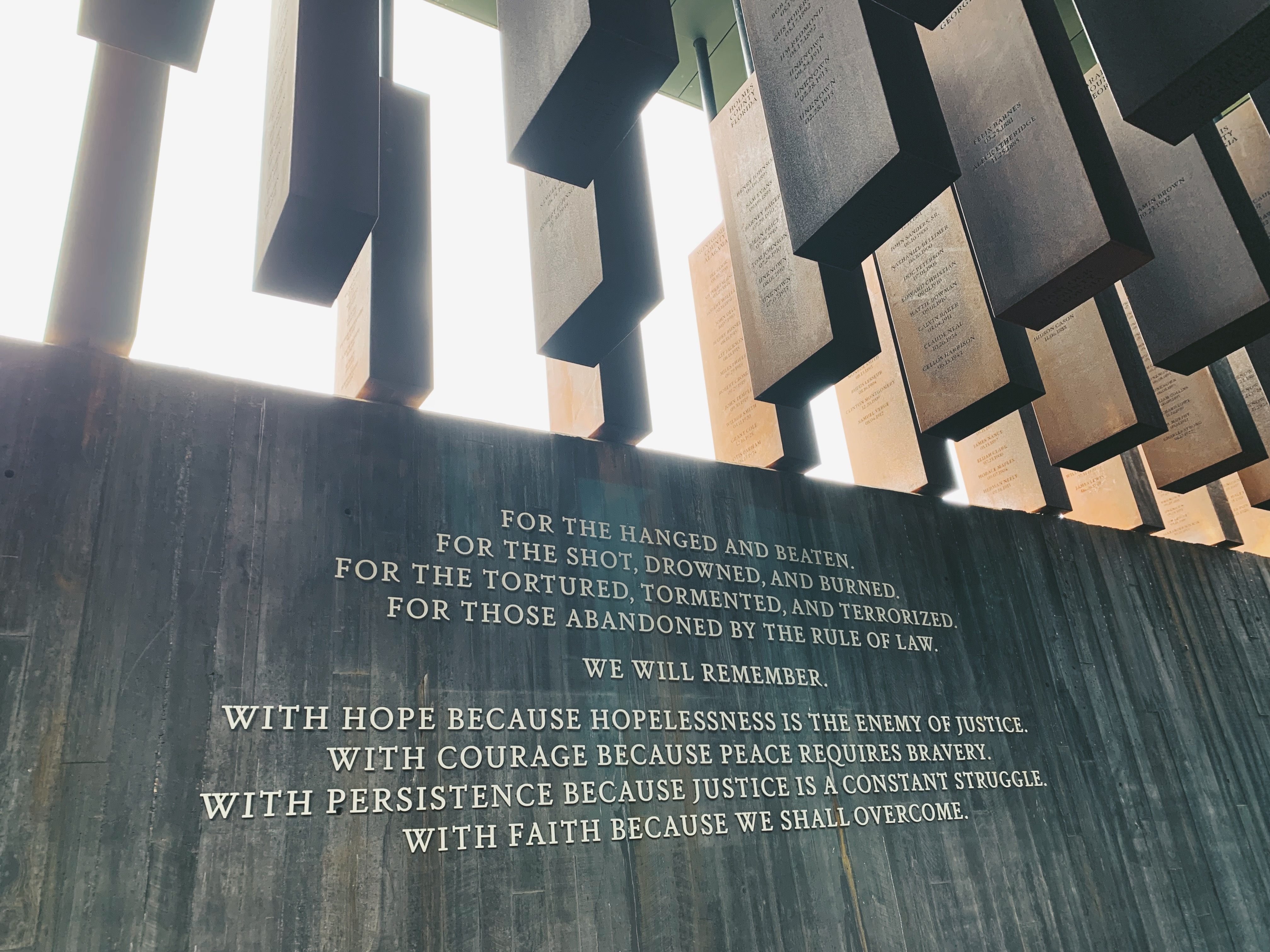Forty years ago, the United Nations declared September 21 the International Day of Peace to, according to the event website, “provide a globally shared date for all humanity to commit to Peace above all differences and to contribute to building a Culture of Peace.” FFT Fellow Amanda Hope (Dallas) committed her Fund for Teachers grant to this same cause last summer by examining in Birmingham, Montgomery and Selma, AL, various methods of civic engagement utilized in the Civil Rights Movement. She chose to conduct this research to then teach students at Moseley Elementary not only learn what it means to be a citizen, but also what it means to be an active and engaged citizen who strives to make a positive impact on their communities and nation. We asked her a few questions about her learning and plans for student learning this year:
[minti_dropcap style=”circle”]Q[/minti_dropcap]
Why did you design this particular fellowship?
[minti_dropcap style=”circle”]A[/minti_dropcap]
Given the current political climate of our country, teaching civic education in schools is imperative. Students need to not only learn what it means to be a citizen, but also what it means to be an active and engaged citizen who strives to make a positive impact on their
communities and nation.
[minti_dropcap style=”circle”]Q[/minti_dropcap]
Can you describe a specific moment from your fellowship that is particularly memorable?
[minti_dropcap style=”circle”]A[/minti_dropcap]
One experience I had during my fellowship was learning about my own family members who were some of the unsung heroes of the Civil Rights Movement in Alabama. Words cannot express the pride I felt when I saw my two uncles, Ulysses Blackmon, Jr. and James Gildersleeve, featured in an exhibit at the National Voting Rights Museum in Selma, AL. Seeing my uncles being honored reminded me that anyone, no matter their social standing, can play a role in the greater collective good.
- 16th Street Baptist Church in Birmingham, AL
- Brown Chapel AME in Selma, AL
[minti_dropcap style=”circle”]Q[/minti_dropcap]
What are some specific plans you have to implement your fellowship in the classroom?
[minti_dropcap style=”circle”]A[/minti_dropcap] My specific plans are to reintroduce my students to the “Good Citizens” unit that is a part of our curriculum. The goal of this project is for students to identify what a citizen is and develop an understanding of their roles as citizens in the classroom, school, community, state, and nation. The product of this unit will be a multi-media presentation that will be exhibited on our classroom website. I want this unit to be an opportunity for them to learn not only about the roles of citizens in a society, but I also want them to learn that citizenship is a right that has been denied to many. I will do this by specifically focusing on the civil rights denied to African Americans in the American South and their struggle to be recognized as full citizens. Our study of the Civil Rights Movement with a focus on the state of Alabama will allow my students to gain a deeper understanding of how civic engagement can be used as a tool to shape
legislation and pressure lawmakers to protect the rights of all U.S. citizens regardless of their race, class, religion, sexuality, gender, etc. I want my students to see how everyday citizens can unite and organize around a problem and/or injustice in our communities and our society-at-large. My plan is to introduce my students to how citizens can utilize civic engagement strategies to push policy makers to create and implement change for the greater good.
- Selma to Montgomery National Historic Trail
- Edmund Pettis Bridge in Selma, AL (Site of Bloody Sunday)
[minti_dropcap style=”circle”]Q[/minti_dropcap] What is one way you can leverage your fellowship to create an authentic learning experience for students?
[minti_dropcap style=”circle”]A[/minti_dropcap] I would definitely like to use this fellowship as a means of getting my students more involved with our community. My plan is to get students to start thinking about a problem or injustice within our school community and begin to brainstorm ways to get involved and put their ideas into action. I think allowing my students to determine a problem and figure out ways to address it will allow for them to feel a sense of connection and autonomy regarding how we decide to civically engage.
[minti_dropcap style=”circle”]Q[/minti_dropcap] What did your fellowship teach you about teaching peace?
[minti_dropcap style=”circle”]A[/minti_dropcap] My fellowship taught me that achieving peace is always active and never passive and that everyone plays a role. I hope to instill within my students the value of seeing themselves as vital and active stakeholders in the pursuit of peace and justice in our communities, nation, and world.
[minti_divider style=”3″ icon=”” margin=”20px 0px 20px 0px”]
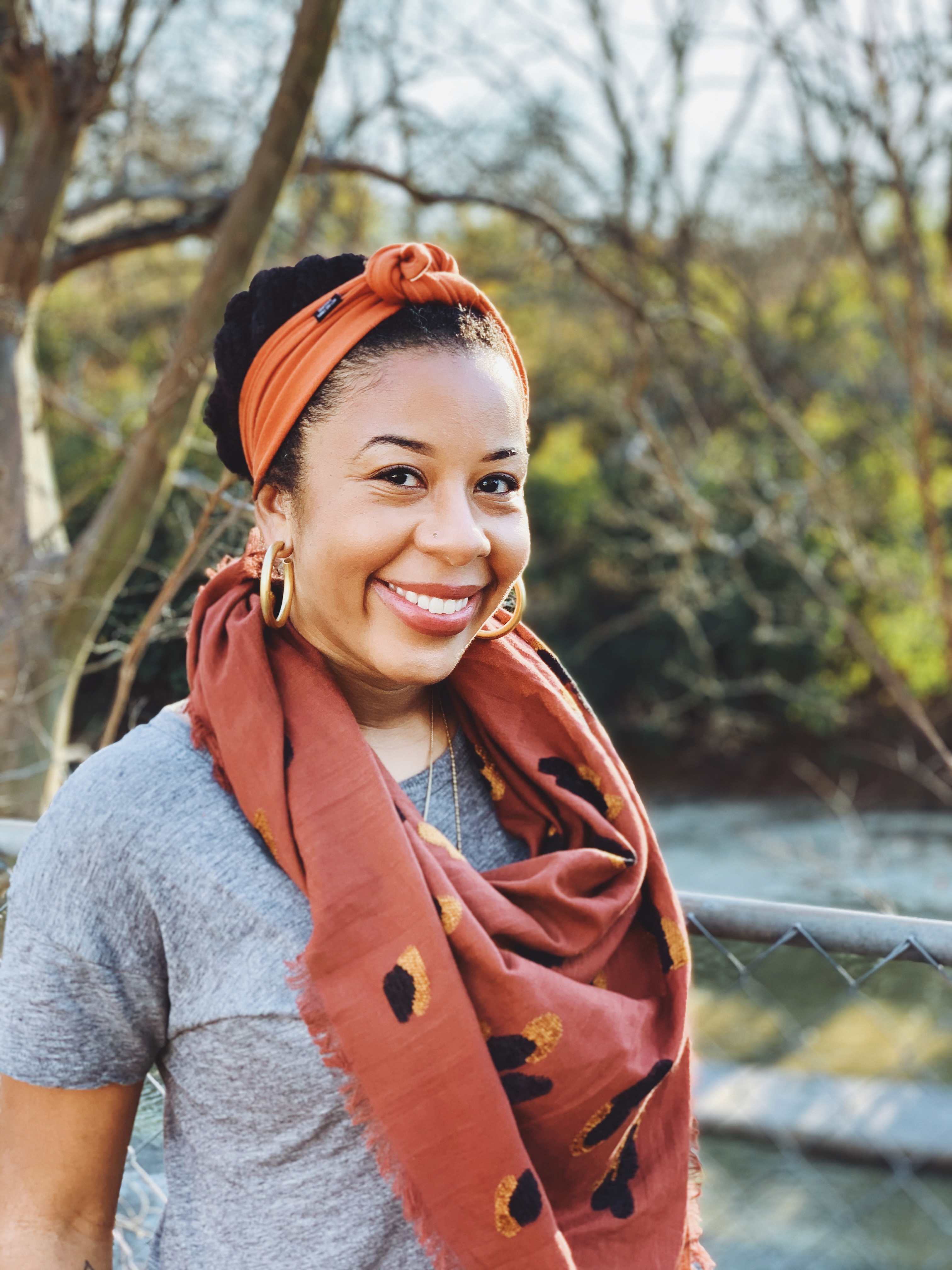 Amanda Hope is a K-5th grade Gifted/Talented Program teacher at Nancy Moseley Elementary in Dallas, Texas. Amanda has served as a classroom teacher for nearly 10 years. She most recently received the 2020-2021 Campus Teacher of the Year award at her school. In addition to teaching, Amanda is a senior policy fellow with Teach Plus, an organization that empowers teachers to advocate for policy changes at local, state, and federal levels to increase equitable opportunities for students. You can follow Amanda on @crayonsandsacapuntas.
Amanda Hope is a K-5th grade Gifted/Talented Program teacher at Nancy Moseley Elementary in Dallas, Texas. Amanda has served as a classroom teacher for nearly 10 years. She most recently received the 2020-2021 Campus Teacher of the Year award at her school. In addition to teaching, Amanda is a senior policy fellow with Teach Plus, an organization that empowers teachers to advocate for policy changes at local, state, and federal levels to increase equitable opportunities for students. You can follow Amanda on @crayonsandsacapuntas.
